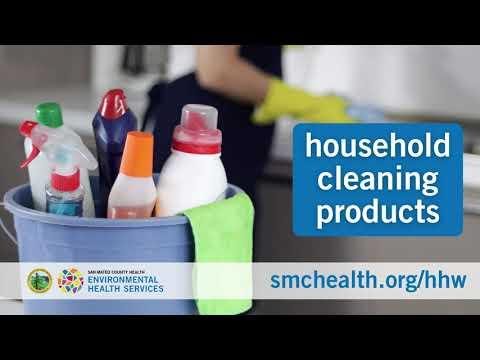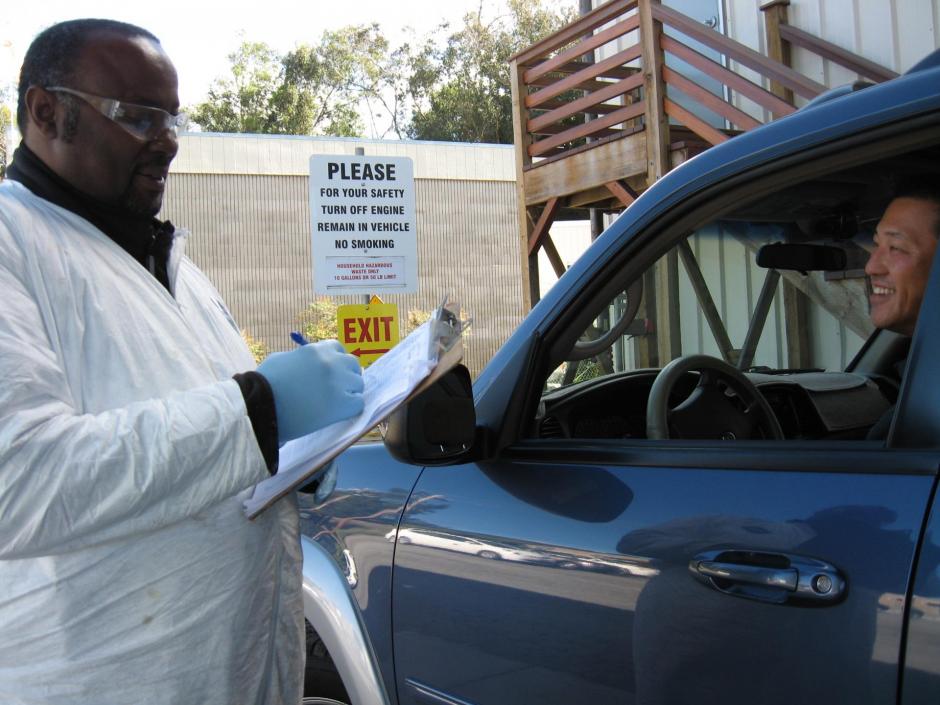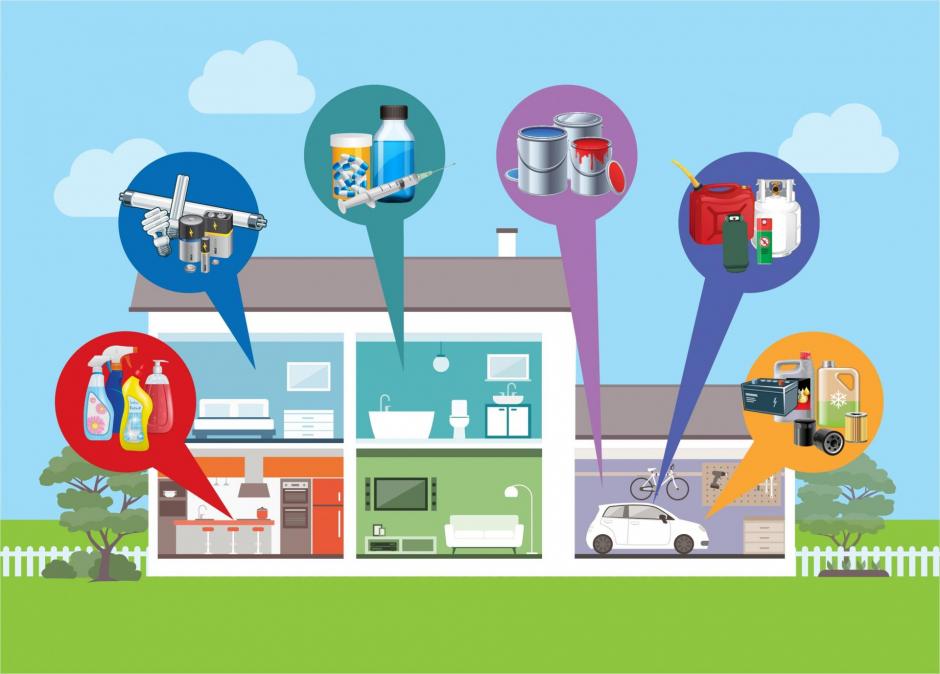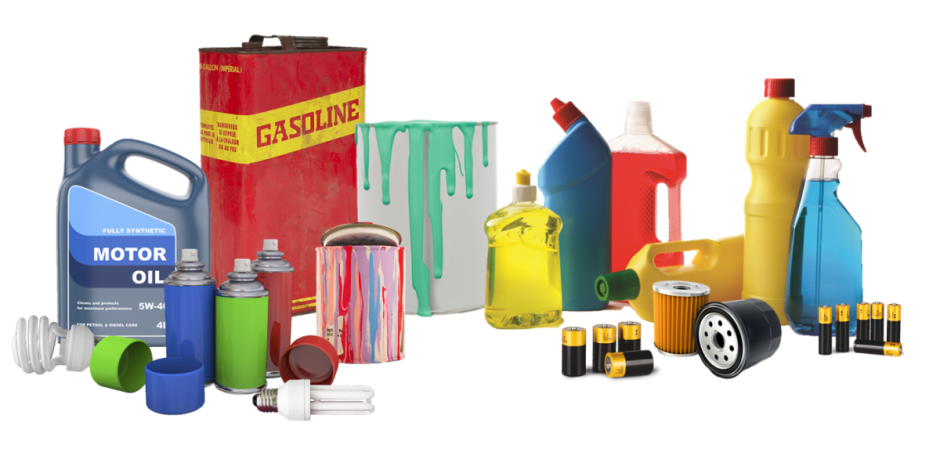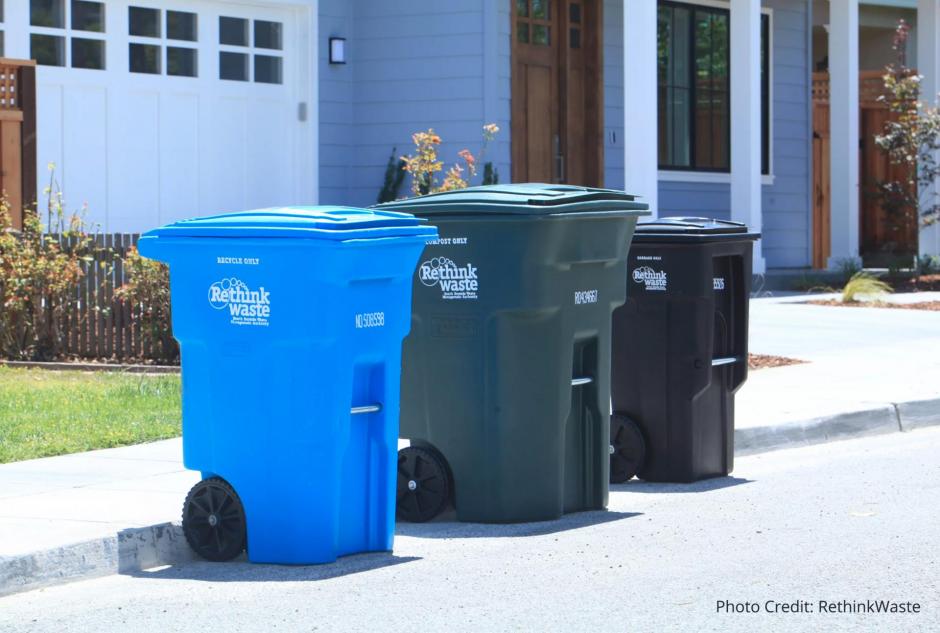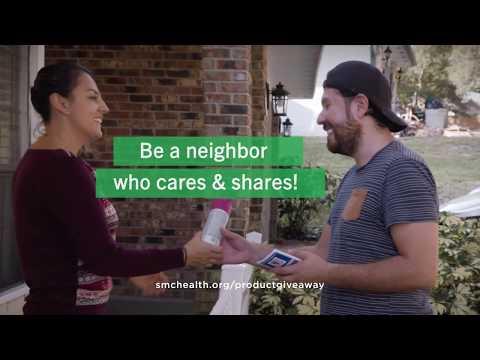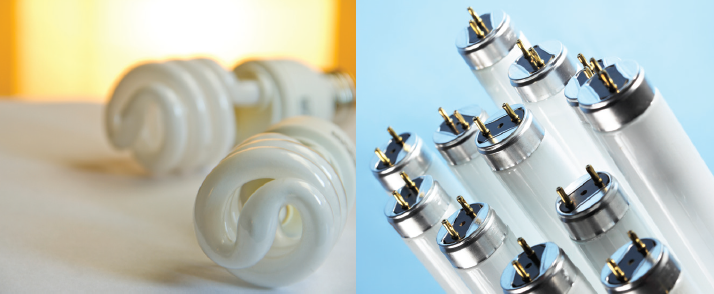Household Hazardous Waste
Household Hazardous Waste
What is Household Hazardous Waste (HHW)?
HHW is waste from your home that is toxic, corrosive, flammable, or reactive based on its chemical properties. Products such as batteries, paint and paint thinner, solvents, fertilizers, and poisons (pesticides) are considered hazardous waste. Learn about the multiple easy and free ways to safely remove HHW from your home here, including making an appointment for the next collection event. If a product label states Caution, Warning, Danger, or Poison, it’s classified as a hazardous waste.
IMPORTANT NOTICE: Nitrous oxide canisters are not accepted through the Household Hazardous Waste Program.
NEW! HHW Guide
For all things HHW, our new HHW Guide is a cache of safe disposal options, all contained in one place. Do you prefer to drop off items at a one-day event or a local business, or curbside resources for batteries? It’s all here. Safe alternatives to hazardous cleaning products and information on what makes HHW hazardous round out the topics. Read the Complete Guide to Household Hazardous Waste here.
It’s illegal and unsafe to dump this waste in the trash or down the drain. San Mateo County’s HHW Program helps residents reuse, recycle, or responsibly manage residential hazardous waste for free at local businesses that collect common items such as batteries and fluorescent lights and neighborhood collection events.
If you have questions, contact us at hhw@smcgov.org or (650) 372-6200.
HHW Brochures English HHW Too Toxic to Trash - Español - Chinese 中文 - Tagalog -
Make an HHW Drop-Off Appointment
Drop-off appointments are free for all San Mateo County residents. Here are the steps you need to take:
HHW MOST WANTED
Batteries, Paint, Fluorescent Lights
Did you know that the top three most disposed of household hazardous waste (HHW) items in San Mateo County are single-use and rechargeable batteries (such as AAA, AA, C, button cell, 9-volt, and lithium-ion batteries) paint, and fluorescent lights?
Middle & High School Education Program
The San Mateo County Environmental Health Services Household Hazardous Waste (HHW) Middle and High School Education Program has created an interactive presentation that explores:
Curbside Pick-Up Options
Depending on your hauler, you may have different curbside options available to you. All haulers below offer a household battery pickup program, and some provide additional services such as used motor oil and filters, used cooking oil, and compact fluorescent lights. Click on your hauler for more information.
Apartment Battery Recycling
Select apartment complexes offer orange recycling battery buckets provided by waste haulers. Don’t have one? Ask your property manager about getting one where you live.
MOVING? What you need to know about household hazardous waste
Household hazardous waste (HHW) consists of leftover household products containing chemical ingredients that can be harmful or dangerous to humans, animals, and the environment. HHW can only legally be transported by the person or persons who generated that waste.
Common HHW items include batteries, paint and paint thinners, pesticides, fertilizers, solvents, and degreasers.
Whether you’re moving out, moving in, or assisting clients as a realtor, this guide will help you safely manage HHW and ensure a smooth transition.
Where to Recycle Fluorescent Lights
Fluorescent lights save electricity and are a good choice for energy conservation. However, all fluorescent lights contain a very small amount of mercury sealed within the glass tubing. This means the lights are toxic and can’t be put in the trash.

